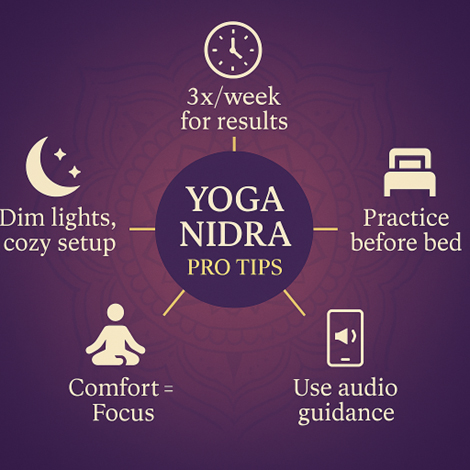Why Modern Life is Making Us Sleepless – And How the Ancient Practice of Yoga Can Help
In today's fast-paced world, sleep has become a luxury that many struggle to attain. Modern life, with its glowing screens and high-pressure environments, disrupts our natural sleep rhythms, leaving millions sleep-deprived. However, ancient practices like yoga offer a natural and effective way to restore balance and improve sleep quality. The…




